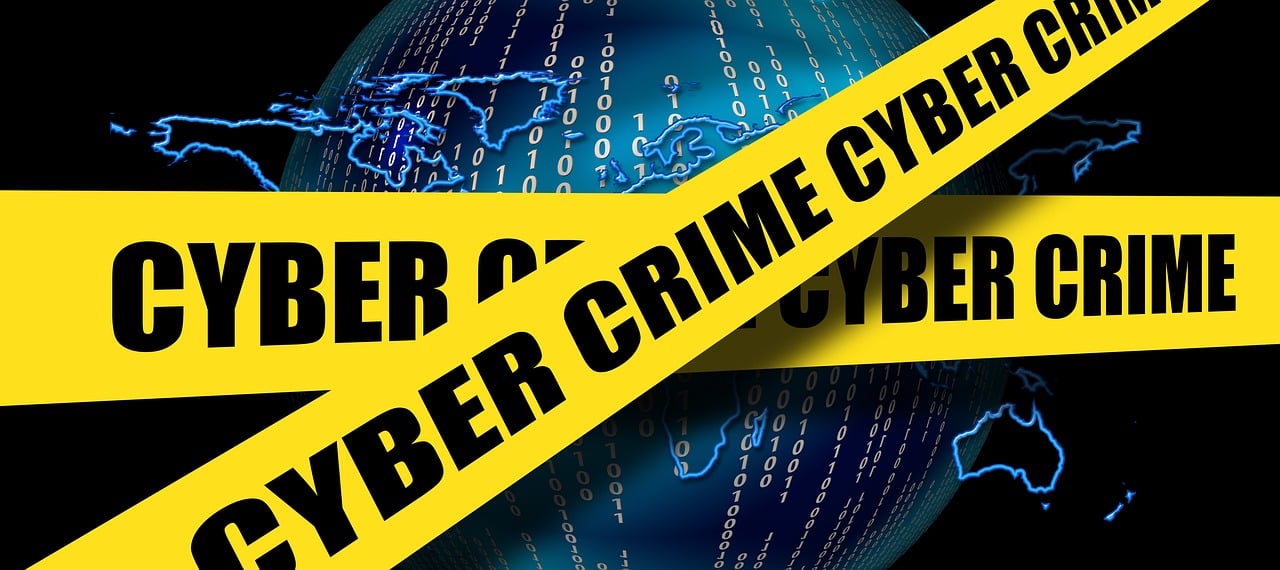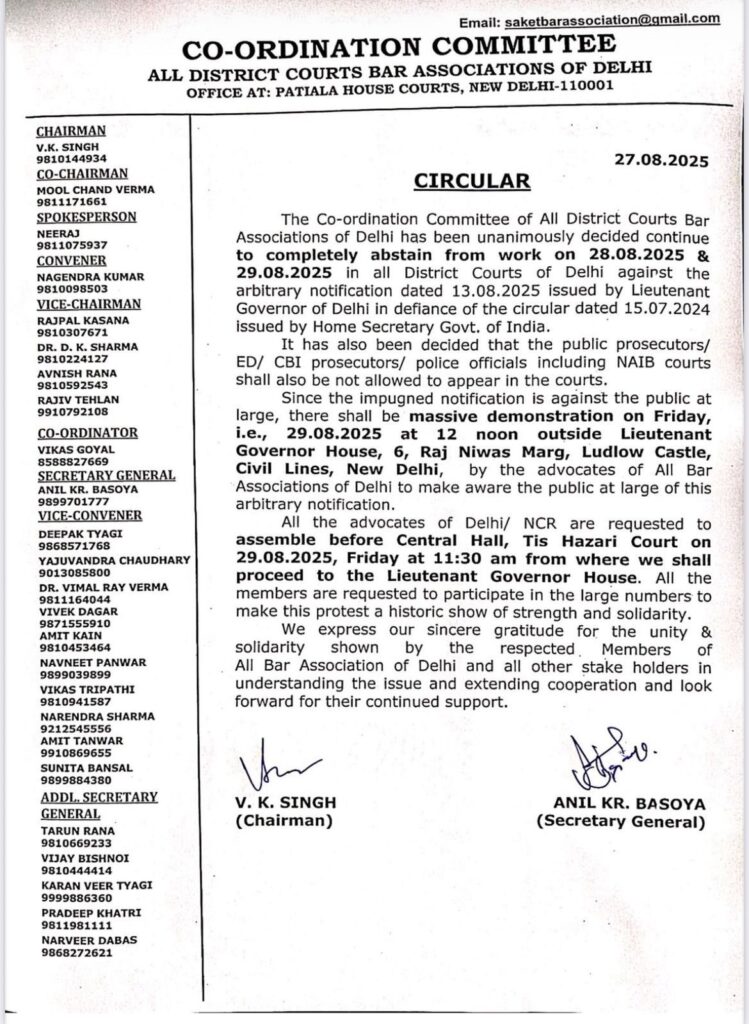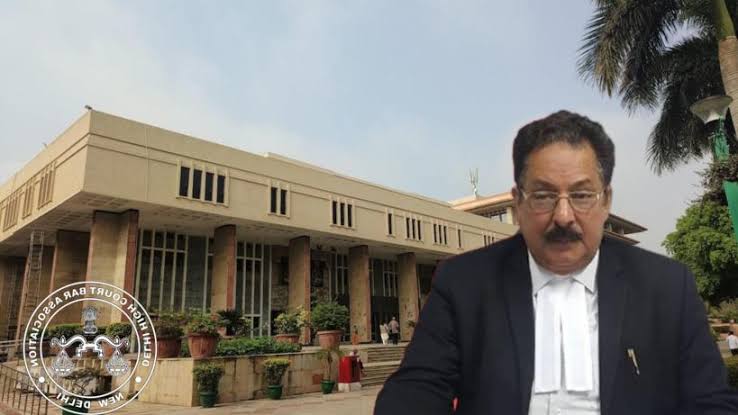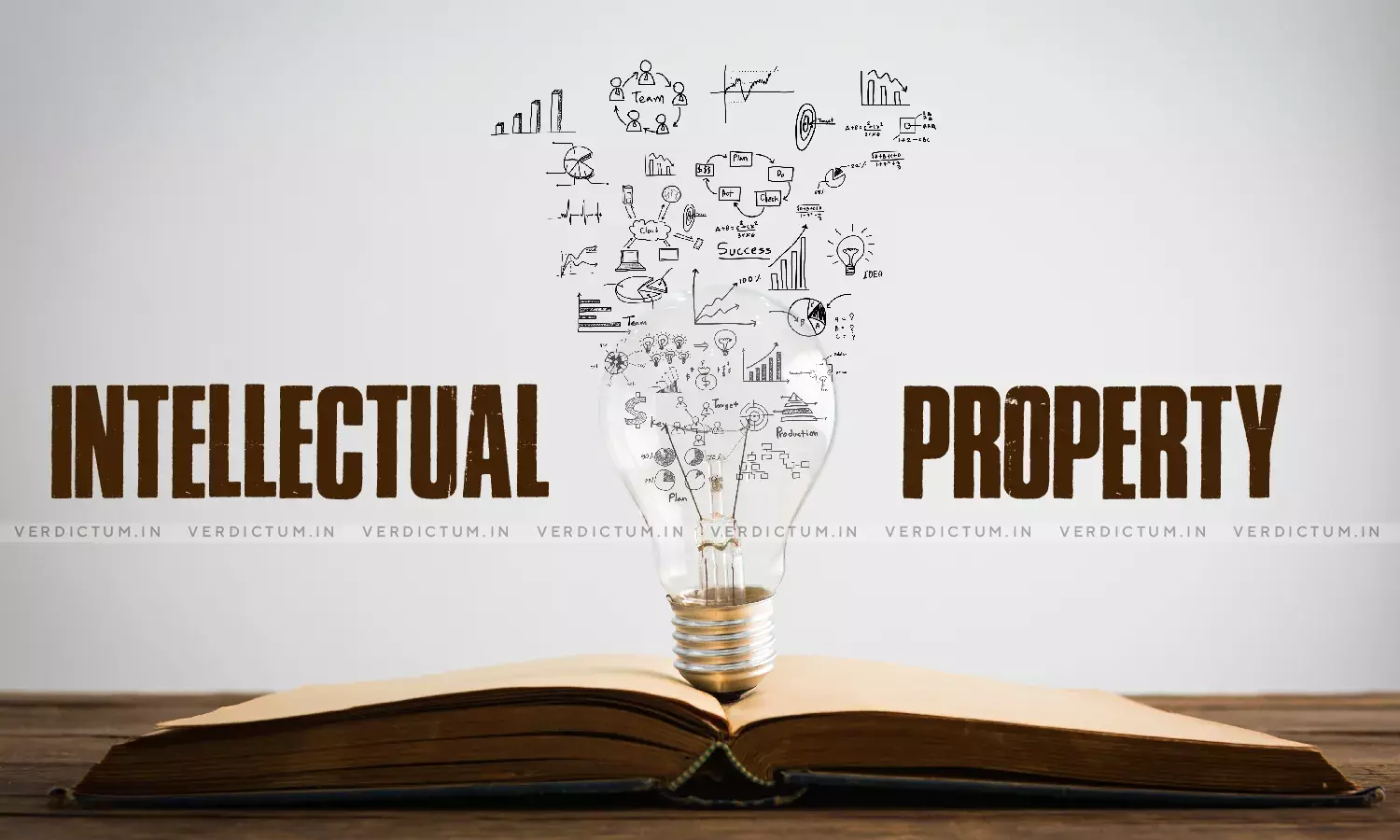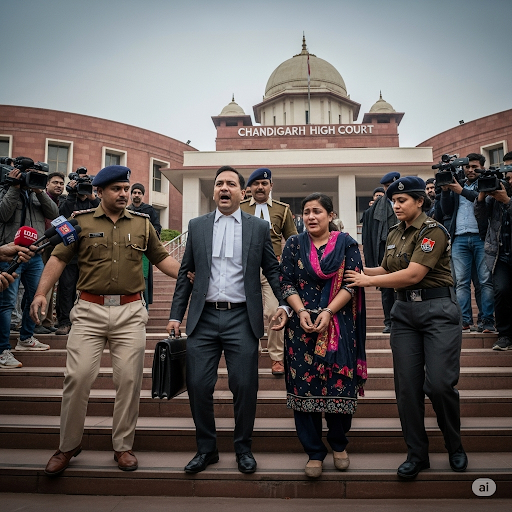The IBC Advantage: Fair, Fast & Transparent Debt Resolution
The Insolvency and Bankruptcy Code (IBC), 2016 has been one of the most significant economic reforms in India. Introduced to address the growing problem of non-performing assets (NPAs) and financial distress, the IBC has redefined the framework of debt resolution by making it fair, time-bound, and transparent.
Fairness in Debt Resolution
One of the strongest advantages of IBC is its balanced approach. Earlier, creditors often struggled for years to recover dues, while debtors faced uncertainty and loss of value. IBC ensures that the process protects the rights of creditors while also giving debtors a fair chance at revival. This equitable treatment builds trust and strengthens business relationships.
Fast & Time-Bound Process
Before IBC, debt recovery was a prolonged exercise, often extending over several years. Under the Code, cases are to be resolved within 180 days, extendable to 330 days in special circumstances. This speedy resolution prevents value erosion of assets and ensures quick turnaround decisions for both businesses and lenders.
Transparency & Accountability
The IBC framework is designed to function in a transparent manner. The process is regulated by Insolvency Professionals (IPs) under the supervision of the Committee of Creditors (CoC) and the National Company Law Tribunal (NCLT). Each stage, from admission to resolution or liquidation, is monitored to ensure accountability and fairness, reducing the scope for manipulation.
Impact on the Economy
The IBC has transformed the credit culture in India. Creditors now have greater confidence in recovering debts, while businesses are encouraged to adopt better financial discipline. It has also attracted foreign investors who see India as a jurisdiction with strong mechanisms for debt enforcement and restructuring. By reviving viable businesses and ensuring quick exit for unviable ones, IBC contributes to a healthier and more resilient economy.
Conclusion
The IBC is not just a legal framework—it is a paradigm shift in India’s approach to insolvency and debt resolution. With its focus on fairness, speed, and transparency, it has emerged as a powerful tool to restore financial stability, boost investor confidence, and promote sustainable economic growth.


